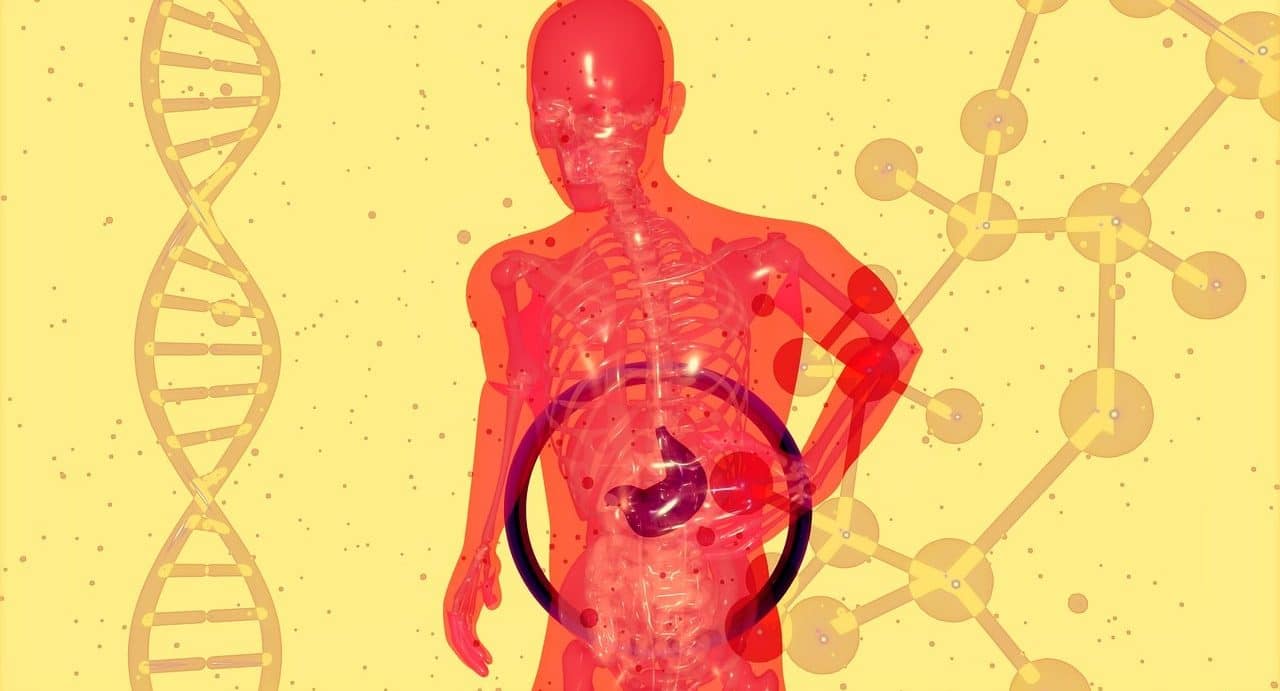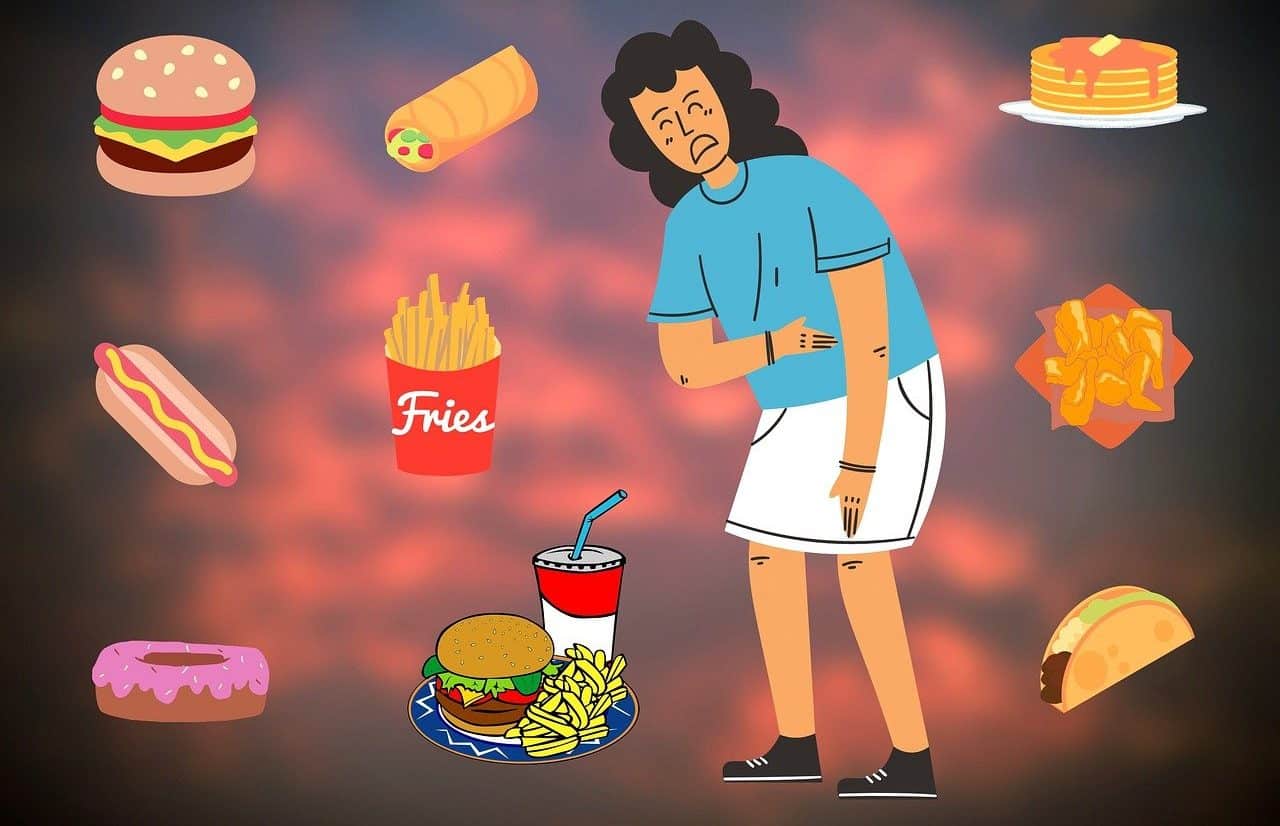
Digestion is the process carried out to transform the food ingested.
Digestion is the action and effect of digesting . This verb refers to the activity carried out by the digestive system to convert food into substances that are assimilable by the body.
Digestion - from the Latin digestio - involves the transformation of food that has been digested. Food, thanks to this process , becomes simpler substances that can be absorbed by the body. Heterotrophic organisms (such as animals) use digestion to obtain energy from the organic matter they ingest, since food is transformed into minerals and nutrients necessary for subsistence.
Stages of digestion
It is important to note that digestion develops at different levels: subcellular, cellular and multicellular. The digestive system is made up of various organs that participate in the chemical and mechanical processes of digestion. The first stage is mechanical (the size of the food is reduced), while the following are chemical (to prepare the food for absorption).
The feeding process, therefore, begins with ingestion (putting food into the mouth), continues with digestion (mechanics and chemistry to convert complex molecules into simple substances), reaches absorption (nutrients pass into the lymphatic and circulatory capillaries through osmosis ) and ends with excretion (undigested materials are discarded through defecation).

Certain foods make digestion difficult.
Tips to improve it
Digestive problems usually reflect one or more inappropriate behaviors related to diet, rest, and physical exercise . But, in addition to their impact on our health, they generate general discomfort and reduce our performance at work and study, since they cause pain and discomfort that prevent us from concentrating. Let's look at some tricks to improve digestion:
- Eat more fruits with peel, since this last part is the one that provides the highest percentage of fiber. Among the most recommended fruits are pear, guava and apple.
- Drink a minimum of two liters of water a day. Water is essential for the proper functioning of our body .
- Eat green vegetables. Especially spinach, pumpkin, lettuce and chard, whether in salads, roasted or as a garnish.
- Chew food well before swallowing it. It is advice that many of us received as children, and that over time we believe to be exaggerated or unnecessary, but the more crushed the food is, the easier it will be to digest. The trick is to eat in the company of people we like, avoid stress and take the time necessary to savor the food, away from television and the Internet.
- Avoid overeating. Sometimes it is difficult to accept that we are satisfied, especially when we find ourselves going through certain emotional conflicts, but ignoring the feeling of satiety when eating is the first step in making digestion difficult.
- Do not drink water during meals, but once they are finished.
- Avoid excessive spicy foods, as they affect the work of the digestive system.
- Reduce the usual consumption of flour to a minimum.
- Respect meal times.
Although some tips seem difficult to carry out, they should not be thought of as an indivisible unit, but as a series of small objectives that we can pursue one by one, with effort and patience. We can all form better habits if we put our minds to it, and the promise of good digestion should be enough to get us to work.
Symbolic use of the term digestion
In a symbolic sense, digestion is linked to carefully meditating on something to understand it or suffering with patience .
“I still can't digest the news” and “Being unemployed was a difficult matter to digest” are expressions that show this use.
